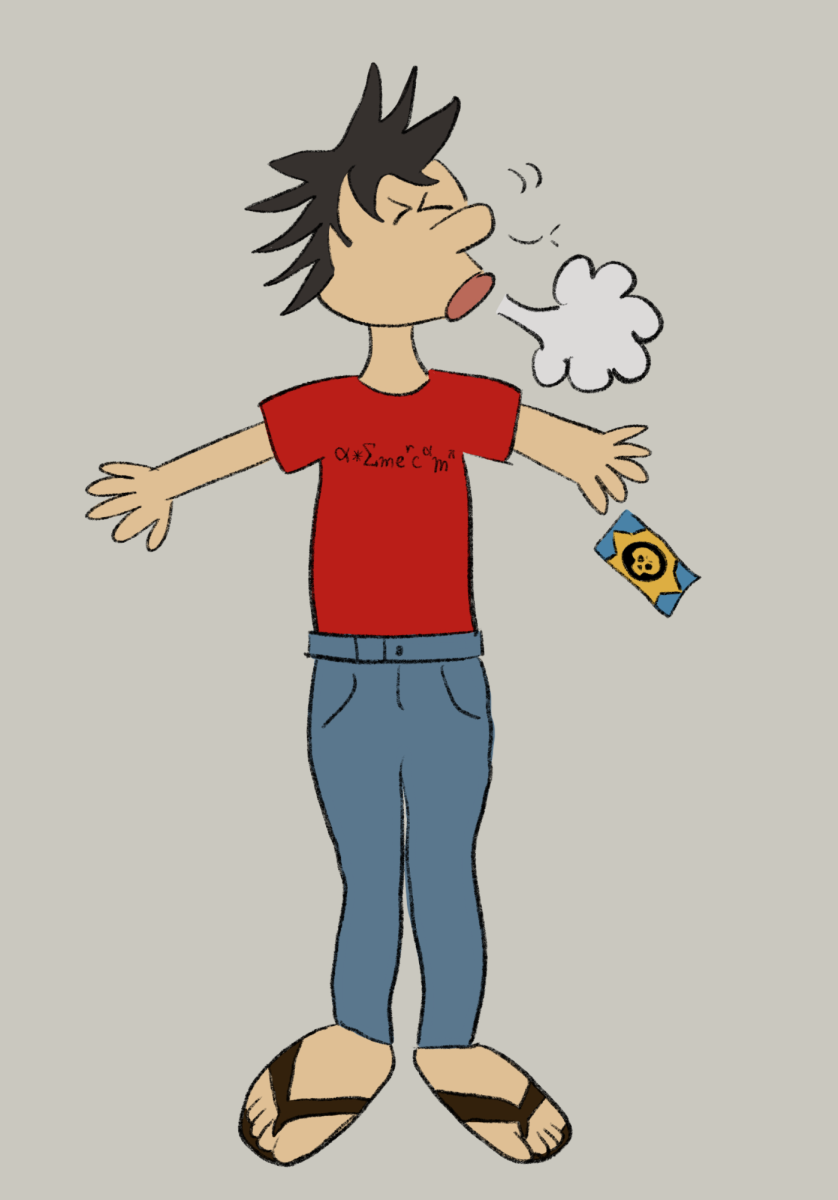“Missouri executes Marcellus Williams despite prosecutors and the victim’s family asking that he be spared” — this shocking CNN headline from September highlights the flaws in the U.S. justice system and the work that still needs to be done to make the system fair for all citizens. Unlawful incarceration, questionable death penalty verdicts and wealth corruption have been alarmingly prevalent issues for the past several decades and still plague America’s justice system.
In 2002, Texas resident Robert Roberson drove his daughter to a hospital, claiming he awoke and found her blue and unresponsive after falling off the bed at night. Doctors believed it was a child abuse case; they stipulated that the height of the bed didn’t correspond within such lethal damage. Roberson was put on trial, and doctors testified against him for killing his daughter after she had been diagnosed with shaken baby syndrome — when an infant is killed from being violently shaken back and forth.
In October, however, emerging evidence increasingly supported Roberson’s claim that his daughter had died of viral pneumonia, rather than shaken baby syndrome. The symptoms that had initially led them to diagnose the syndrome could have actually been derived from a lack of airflow due to pneumonia.
Before his scheduled execution on Oct. 17, a juror claimed she would never have decided as they did if the new evidence had been brought during the case. As a result of the juror’s comment, a retrial saved Roberson from what now appears to be a highly unjust punishment.
However, not all flawed death row cases are resolved before the prisoner is put to death. Williams was executed on Sept. 25, a month prior to Roberson’s retrial, despite prosecutors and the victim’s family asking that he be spared.
Williams was convicted in 2001 for the murder of a former news reporter named Felicia Gayle. DNA evidence scheduled to be shown to the court on Aug. 21, 2024 — evidence that could have upheld his innocence — was rejected by the Supreme Court, claiming that a DNA test would fail to remove Williams from the crime because several actors touched the knife.
The fact that the justice system can pick and choose who gets a retrial — especially when the victim’s family calls for leniency — is frightening. Execution is not life in prison. It is ending someone’s life, and once it’s done, it can’t be reversed.
The justice system is tainted by mass amounts of incarceration and overcriminalization, primarily of low-income individuals, often minorities. By contrast, those with money and connections largely escape punishment for serious crimes.
In 2015, 16-year-old Ethan Couch, who was driving three times over the legal limit for his age, killed four people and paralyzed one more in a drunk driving accident. Instead of receiving 20 years in prison, he was offered 10 years probation because a psychologist who testified claimed he suffered from a highly dubious affliction his lawyers dubbed “affluenza,” stating his wealth made him dissociate his actions from consequences. A rich child shouldn’t be excused from the proper punishment a poor person wouldn’t be exempt from. Couch, after all, killed four human beings.
Wealth corruption and unlawful incarcerations within the justice system require reforms, through nationwide policies that restrict the opportunity to go through loopholes in the system and stricter law enforcement training. Georgia representative Hank Johnson’s bill to protect innocent Americans from execution is a recent step taken to fixing the death penalty rates that have increased 33% since 2022. Like Johnson, representatives in other states with the death penalty need to take a step in correcting the injustices historically embedded in the justice system. We must first acknowledge the classism and racism rooted in the system before taking steps to correct the system’s many shortcomings.




























